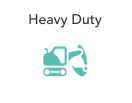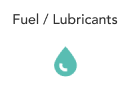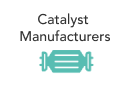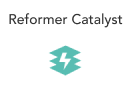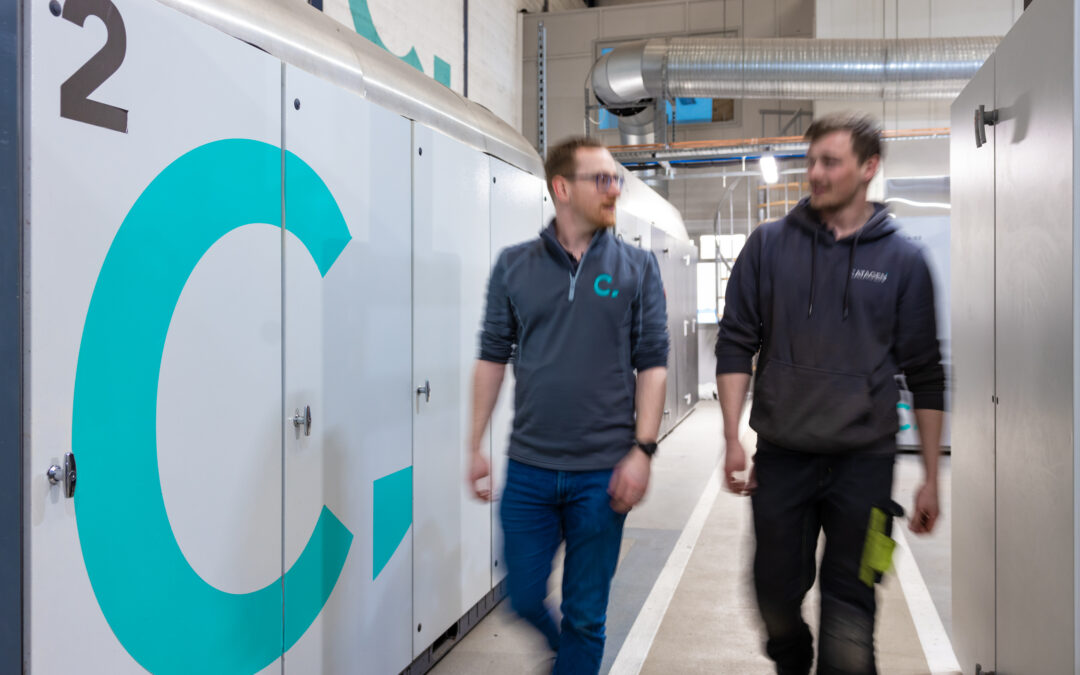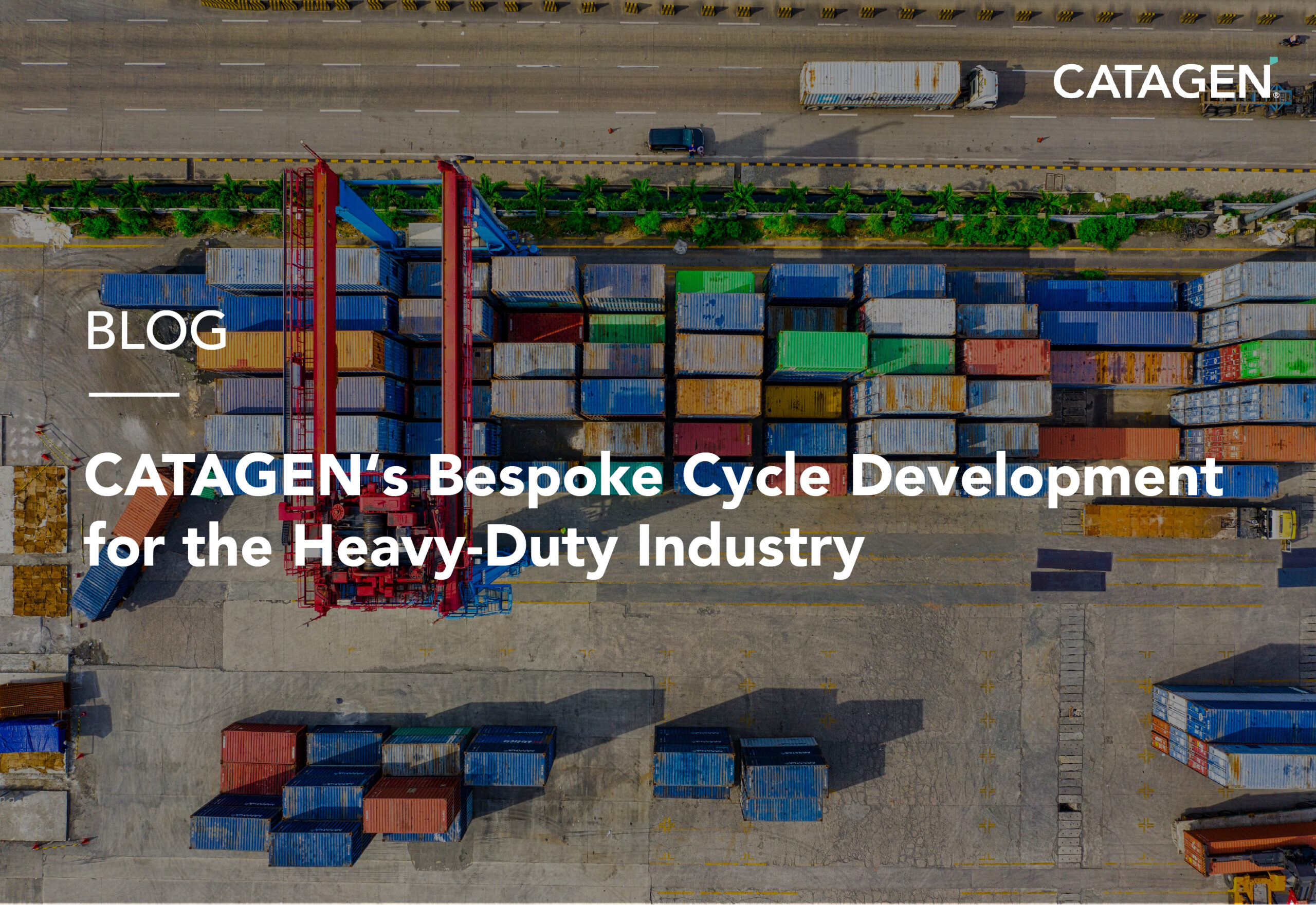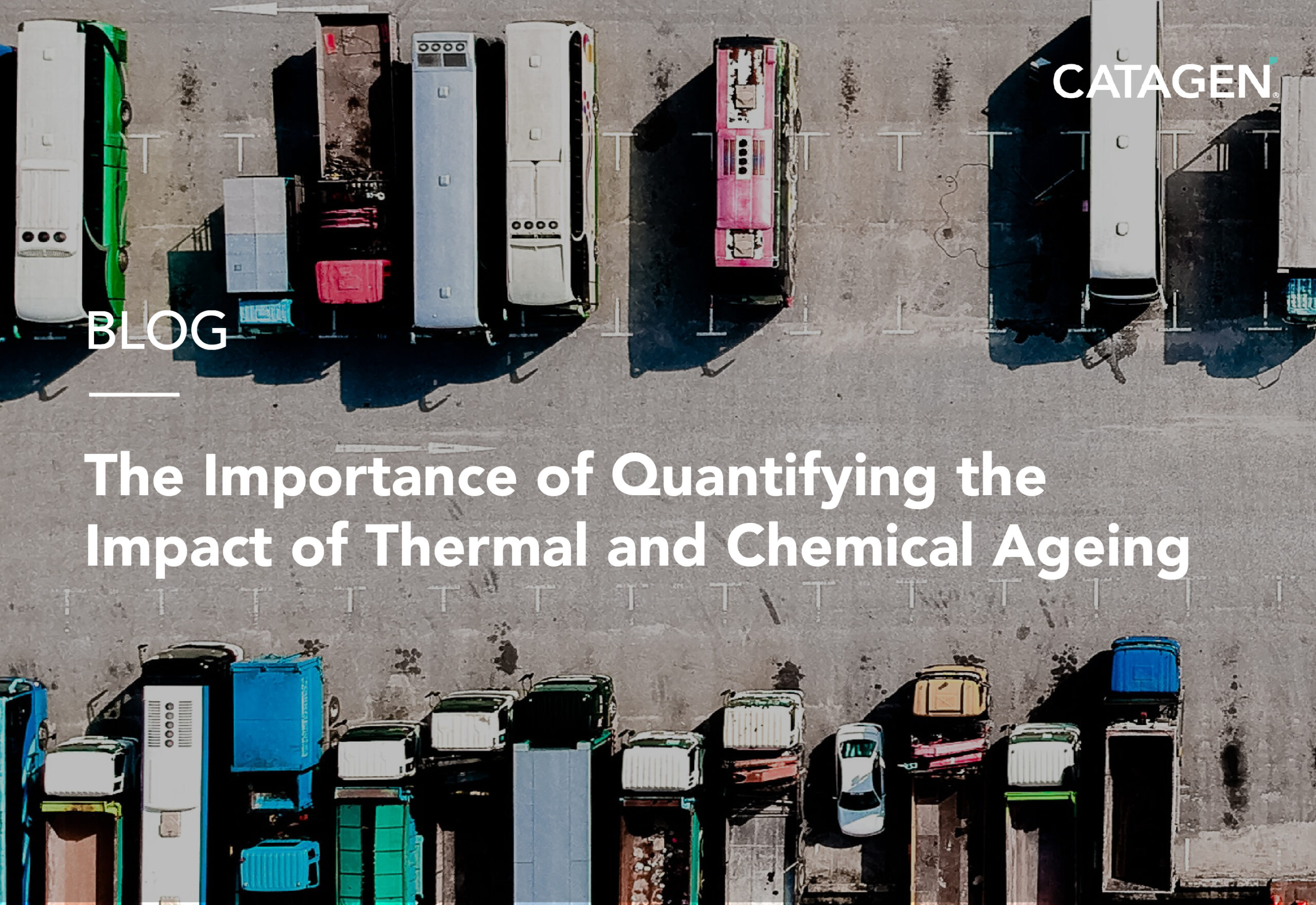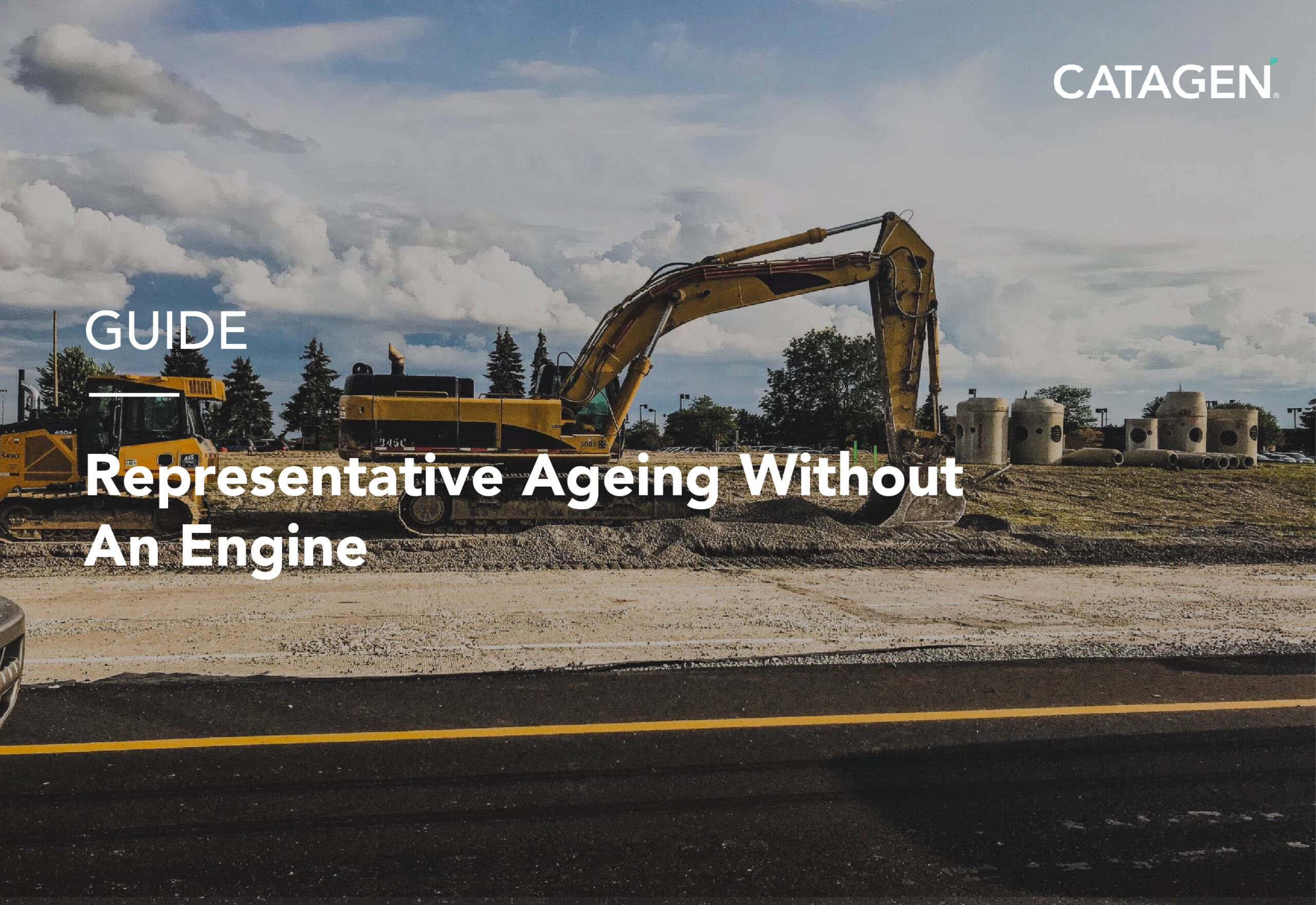By Matthew McVitty, Catalyst Ageing consultant
We previously talked in a blog about the outlook for generators where in 2022, diesel generators continued to dominate the market. Nonetheless, there is a rising interest in gas and alternative-fuel generators driven by their environmental advantages compared to diesel counterparts. Hydrogen-powered generators and alternative fuels like compressed natural gas (CNG), biomethane, ammonia (NH3), and methanol generators present an enticing opportunity for the industry. These alternatives retain the crucial benefits of mobile generators, such as swift response times and suitability for remote locations, while concurrently mitigating the detrimental emissions associated with their operation.
However, with the introduction of alternative fuel sources for generators and reduction in emissions out, there is still a crucial need to understand the impact this will have on aftertreatment system itself.
CATAGEN’s OMEGA reactor technology comes into its own when handling varying alternative fuels. The reactor is totally synthetic with fuel meaning we can inject a variety of different gas compositions that match the required engine out conditions of a generator depending on the fuel source. For example, if a generator was to run on natural gas or methane, we can inject those gases into the OMEGA for testing without the requirement of a physical engine.
Typical gases that we have worked with on the OMEGA Reactor include – NO, NH3, H2O (Steam), O2, CO, CO2, CH4, Natural Gas, C3H8, C3H6. The OMEGA reactors also have the capability of injecting a range of different chemical or poisoning compounds which may be present in the gas stream for in-field ageing. We have extensive experience with sulphur and phosphorus compounds as well as injecting engine oil directly into the reactor.
Coupled with our extensive capability to replicate engine out gas composition we can also vary the flow rates and temperatures profiles that you would expect to see on your generator to ensure that the ageing is representative of in-field ageing but in an accelerated manner. The temperature capability is where we can help you truly accelerate the ageing of the aftertreatment system compared to typical 8,000hr ageing in-field saving time and costs in the process.
One of the main benefits we offer to our partners with this capability is during the development of new engines with alternative fuels where a physical engine is not ready for ageing so a ‘surrogate’ engine is required to understand what these new fuels will do to the aftertreatment system without needing the engine itself. Testing on the OMEGA reactor in parallel with engine development can accelerated development time of the generator engine and help get our partners to market quicker.


